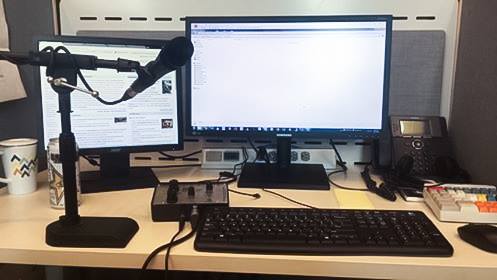20th edition of the show of the Montreal Anarchist Book
This weekend was held the 20th edition of Anarchist Bookfair in Montreal. Book Sale, pamphlets, newspapers, but also all kinds of widgets, the living room of the anarchist book is somehow a big meeting family for radicals of all stripes.
With the participation of 76 Montreal collective and nearly fifty coming from everywhere in North America, but also of England, of France, Sweden and the Philippines. The lounge again this year attracted several hundred participant.es who marched between the tables and workshops throughout the weekend.
For members of the Industrial Workers Union and Workers (SITT-IWW), it was an opportunity to reconnect with fellow workers Locals Hamilton, Ottawa and Halifax, in addition to participating in the presentation 6 Months of Anarcho-syndicalism in Iceland: Industrial Workers of the World Inside Efling Trade Union’s Historic Mobilization, presented by one of our comrades who left Canada in the fall especially to help the organizing effort in Iceland.
On their side, the members of the IWW activist within the events-merchandise committee took the opportunity to relaunch their traditional BBQ in addition to presenting the release of a new t-shirt incorporating the artistic work of a member who had been used on May 1st.
It was once again an honor to participate at the Montreal Anarchist Bookfair.
For the One Big Union and Industrial Democracy,
Mathieu Stakh, X374166




 Subtitlers working for the telecommunications giant
Subtitlers working for the telecommunications giant  The differently abled community of Canada deserves better than subtitles delivered by hungry, tired, and disrespected workers.
The differently abled community of Canada deserves better than subtitles delivered by hungry, tired, and disrespected workers.